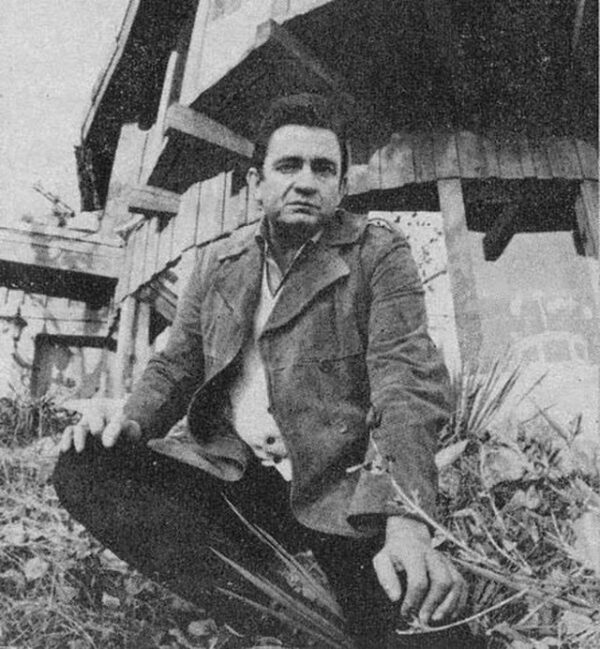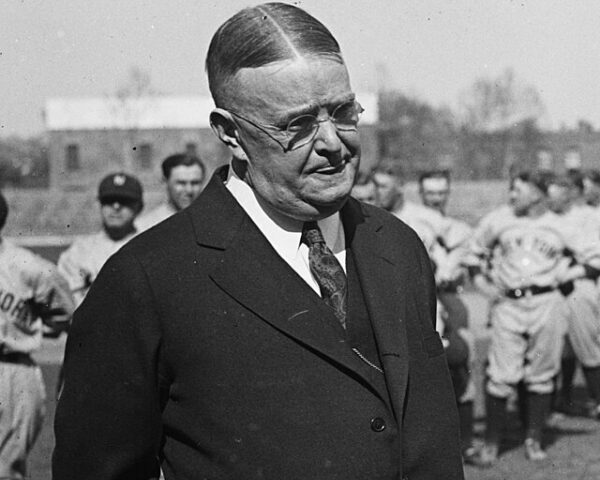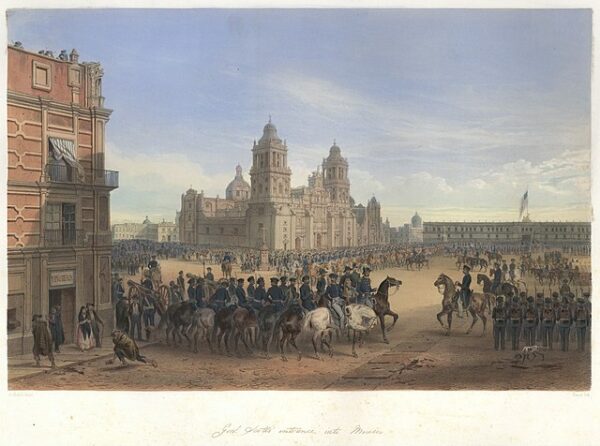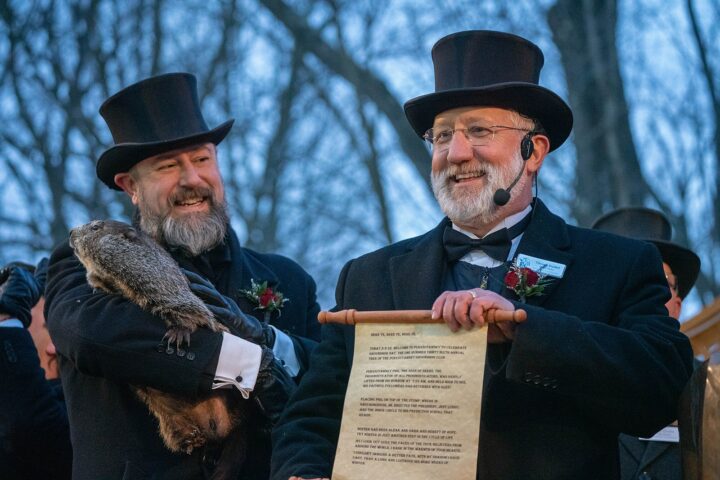Johnny Cash’s performance at Folsom Prison on January 13, 1968, stands as one of the most iconic moments in music history, symbolizing a bridge between the rebellious spirit of rock and roll and the gritty reality of the incarcerated. Cash, known for his deep, resonant voice and the somber timbre of his music, had long been an advocate for prisoners’ rights, and his decision to perform at Folsom Prison was a natural extension of his empathy towards the incarcerated. The live album recorded during this performance, “At Folsom Prison,” would go on to become one of his most celebrated works, capturing the raw energy and emotion of the day.
The concert was a risky venture, both for Cash and for the prison officials who allowed it to take place. At the time, Cash’s career had been experiencing a downturn, and he was battling personal issues, including drug addiction. The performance at Folsom Prison was seen as a chance for redemption, an opportunity to reconnect with his roots and the outlaw image that had initially propelled him to fame. For the prison, the event was unprecedented, inviting an outsider to engage with inmates in such a public and intimate setting. The resulting concert broke new ground in the relationship between music and the American penal system.
Cash’s setlist for the day was carefully curated to resonate with the inmates. Songs like “Folsom Prison Blues,” “25 Minutes to Go,” and “Cocaine Blues” told stories of crime, punishment, and regret that were all too familiar to the men behind bars. The performance was not just about the music; it was an act of solidarity. Cash’s willingness to stand on the same stage as the prisoners, to share in their plight through his songs, created a palpable connection between the artist and his captive audience.
The recording of the concert captured not just the music, but the atmosphere of the event. The cheers, jeers, and laughter of the inmates are audible, providing a stark backdrop to Cash’s performance. The authenticity of the experience was undeniable, and the album’s release brought the realities of prison life to the forefront of the public consciousness. “At Folsom Prison” was a commercial success, revitalizing Cash’s career and cementing his status as a champion of the downtrodden.
Johnny Cash’s Folsom Prison concert was more than just a live performance; it was a cultural statement. It challenged the public’s perception of prisoners, humanizing them through the shared experience of music. The event also reinforced Cash’s image as the “Man in Black,” a figure who stood for the marginalized and spoke truth to power through his art. The legacy of that day continues to influence musicians and activists, reminding us of the power of music to transcend barriers and bring light to the darkest of places.






